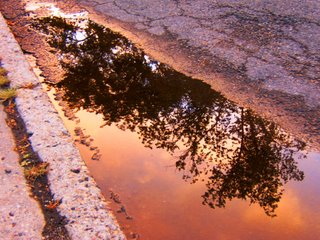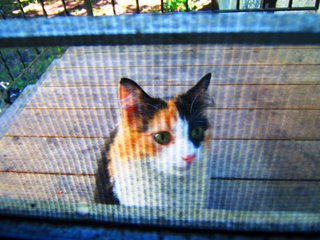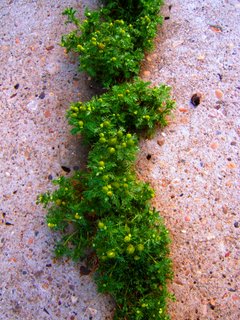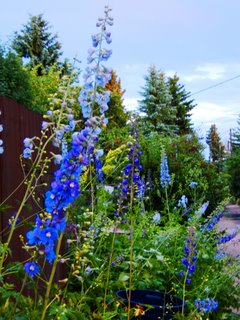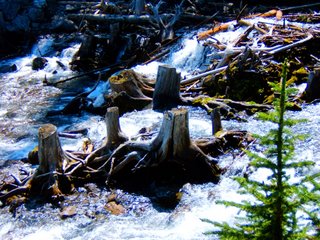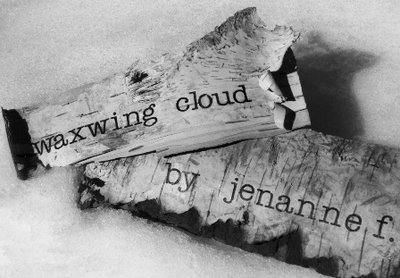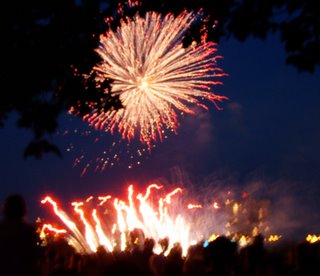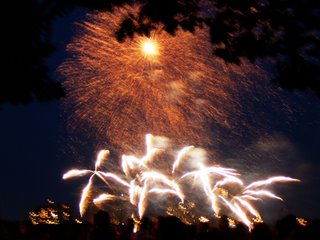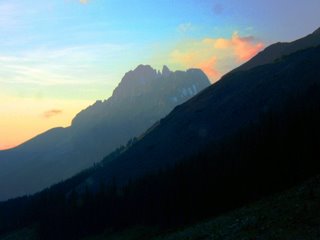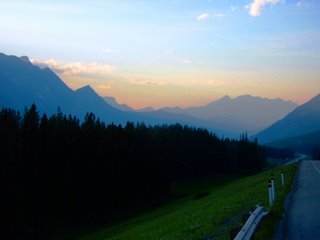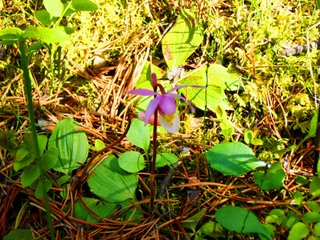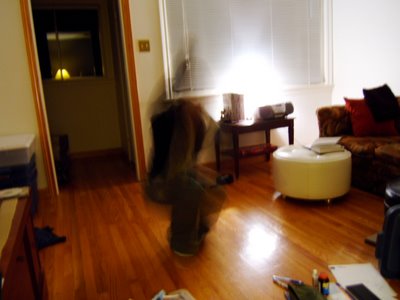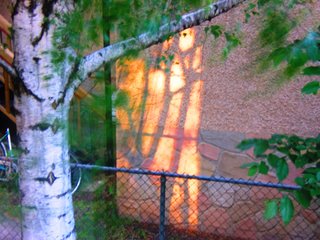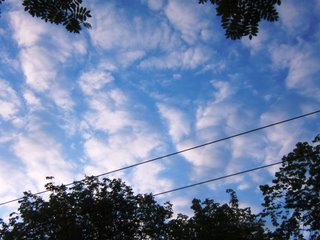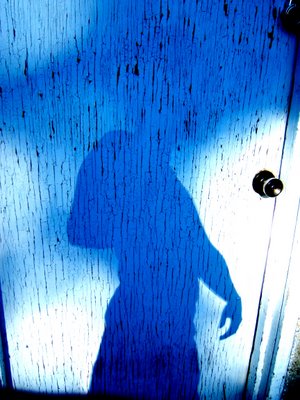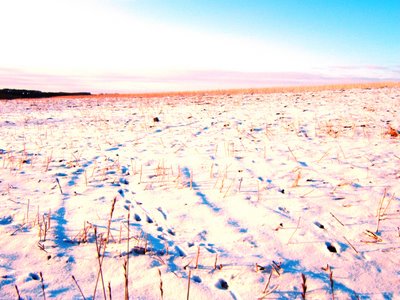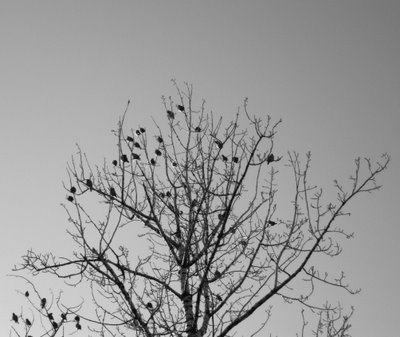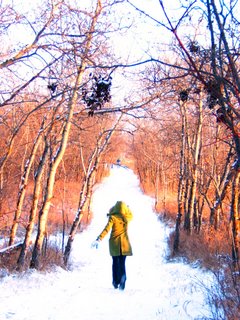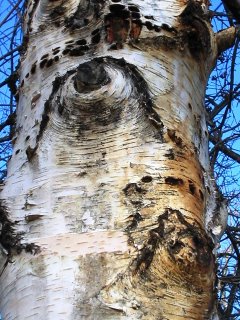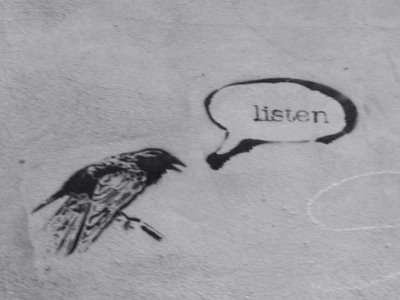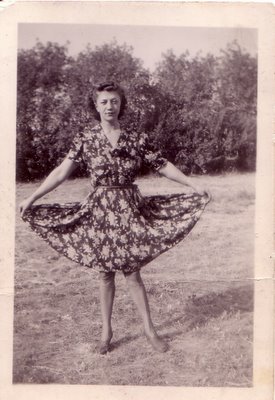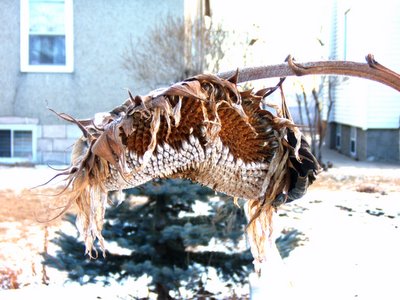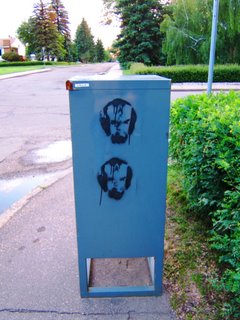
On our gelato obtaining expedition yesterday evening, Bryna & I had the opportunity to peruse the neighbourhood graffiti... I'm finding a lot of linguistic graffiti I'd like to investigate -- I've seen the word 'keverz' scribbled over a number of places, and also the strange bilingual phrase 'oui-knee'. (Weeny?) Edmonton also has a vibrant, eccentric post-box stencil scene, as evidenced by a double rendering of our favourite Klingon, seen above. This one is about 2 blocks south of my house.
 Here are some 'listen' birds, roosting on a box on 82nd avenue and about 112th street, I think. They're the only pigeons I've seen around. I also saw a sketchy-looking 'listen' bird sprayed on bus-stop bench on Whyte Avenue that was advertising French bilingual school programs. It said 'ecoutez' instead. & that made me happy.
Here are some 'listen' birds, roosting on a box on 82nd avenue and about 112th street, I think. They're the only pigeons I've seen around. I also saw a sketchy-looking 'listen' bird sprayed on bus-stop bench on Whyte Avenue that was advertising French bilingual school programs. It said 'ecoutez' instead. & that made me happy.Yes. I should focus.


